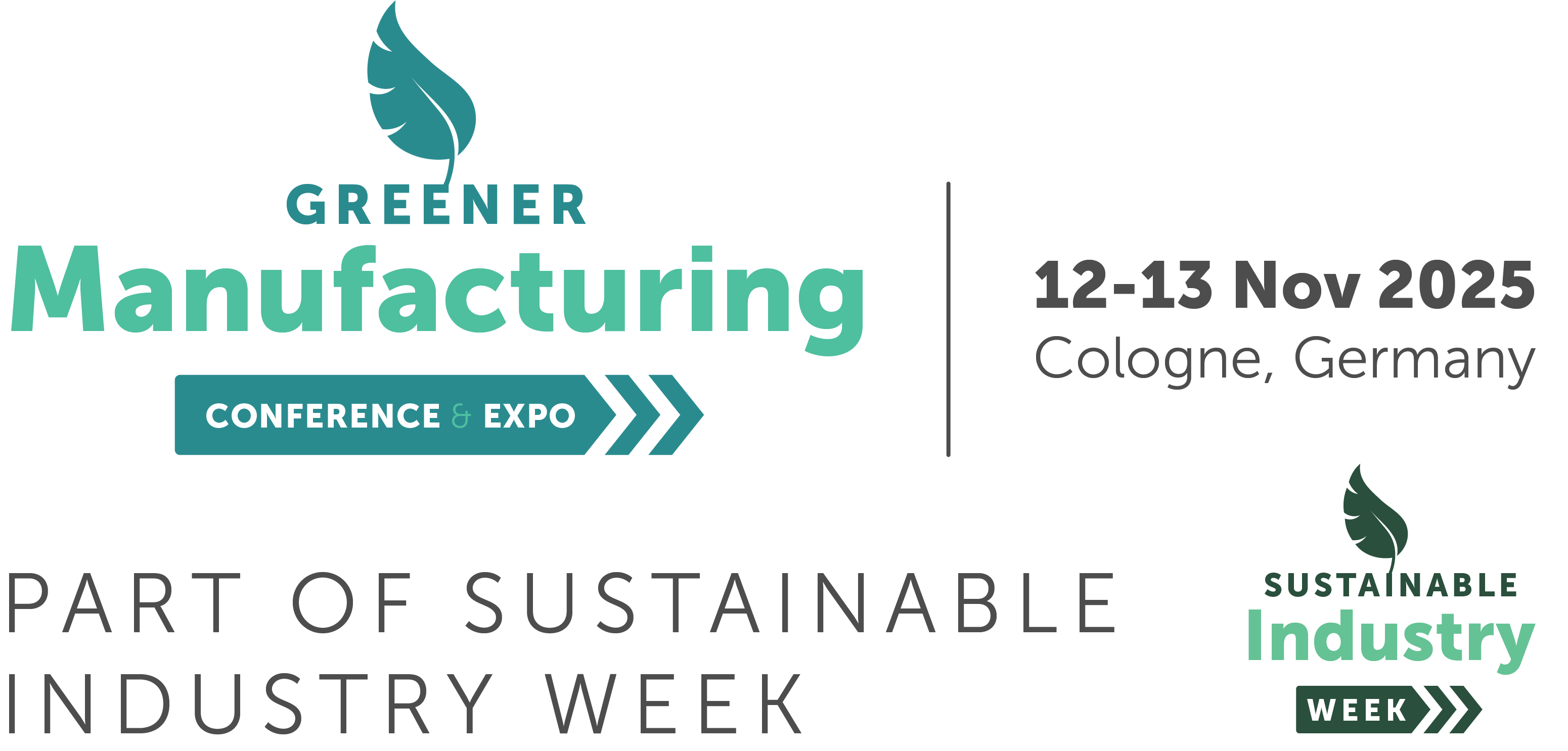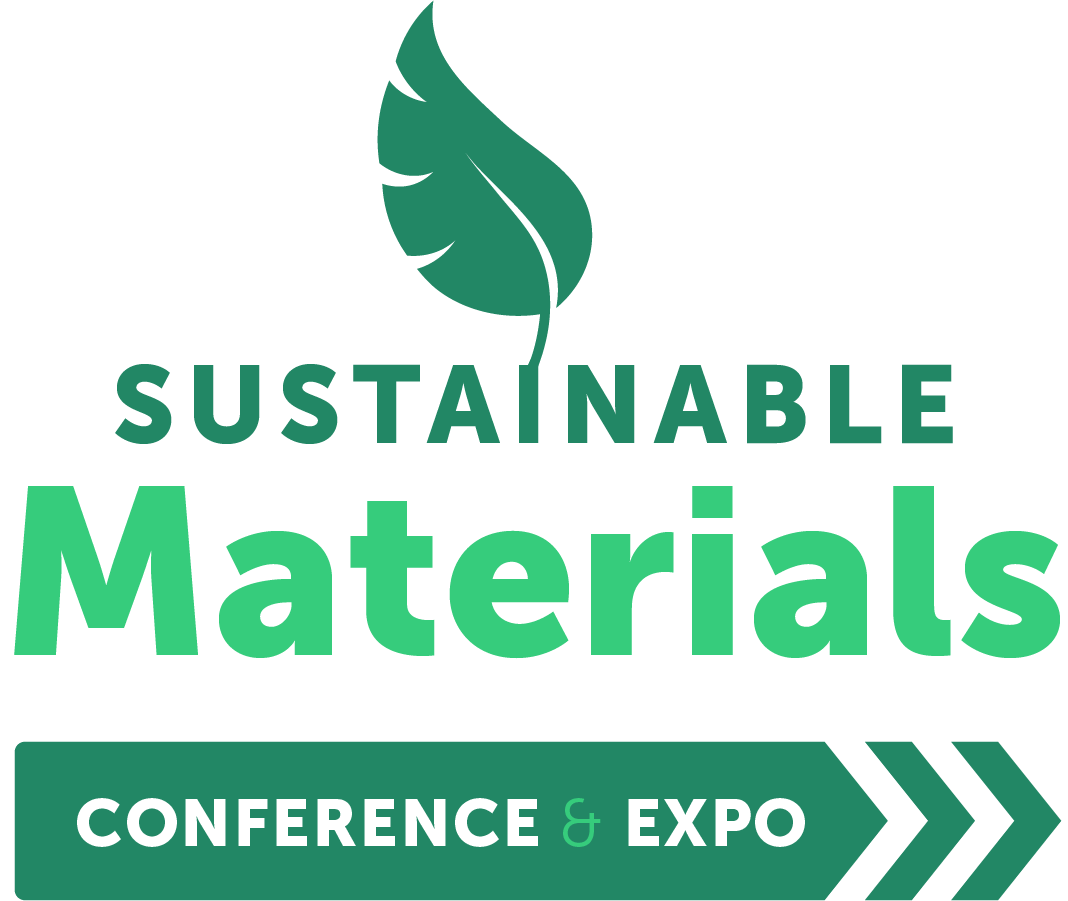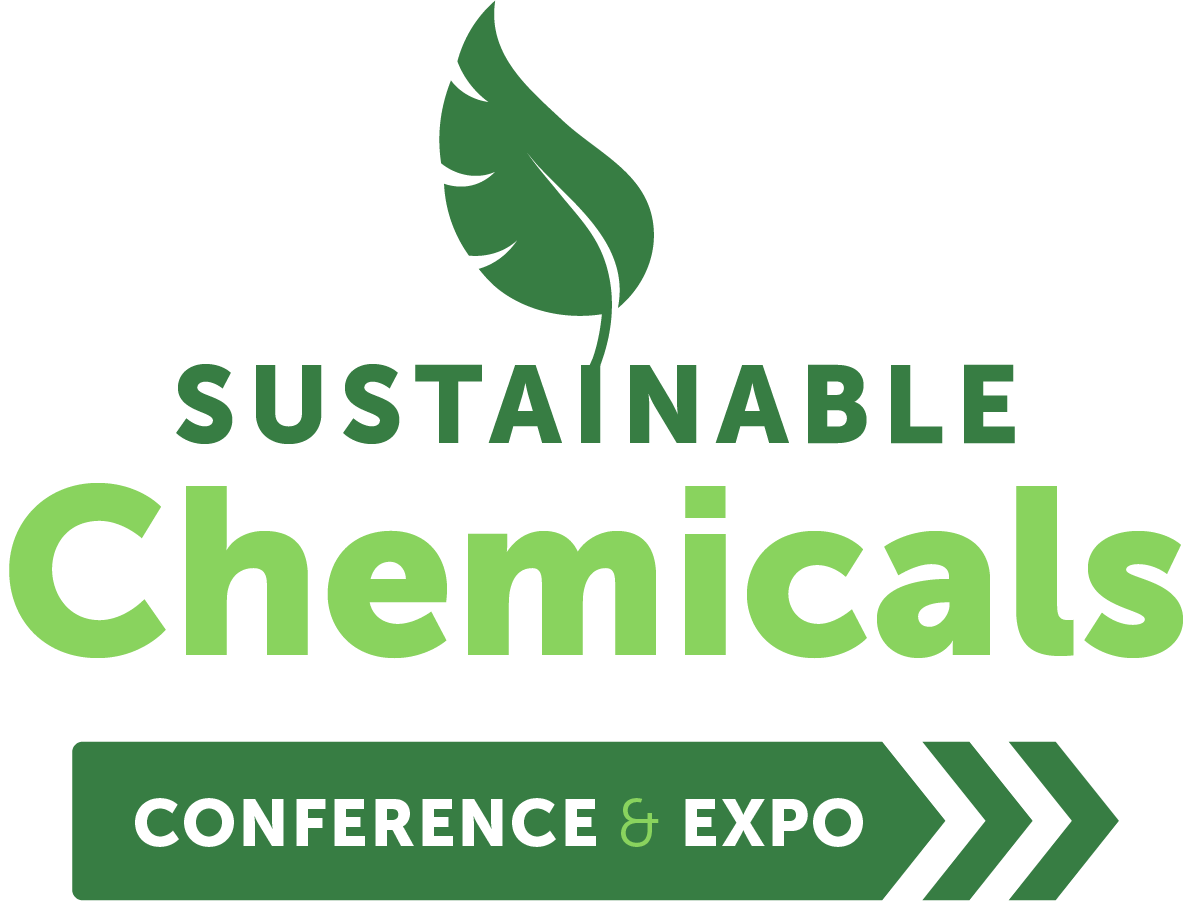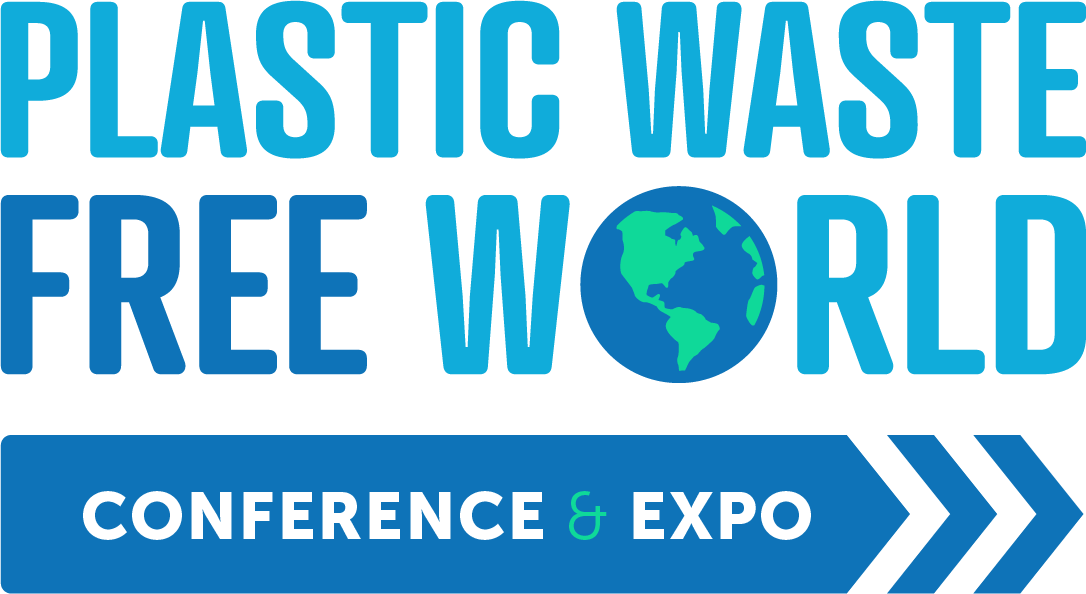Bridgestone to Increase Investments in Southeast Asia Natural Rubber Plantations
)
Manufacturing firm Bridgestone announced on August 10 that it has approved plans to increase investments in its natural rubber plantations in Southeast Asia.
The tire maker claims that it will invest a total of $26.7 million by 2030 to ensure a sustainable supply of natural rubber. It will also bolster its initiatives in advancing the circular economy and carbon neutrality across its entire value chain through sustainable operation of its natural rubber plantations.
The investments will be used towards enhancing production of natural rubber, a renewable material, as the tire maker aims to double the harvest volumes in a given area by 2035, Greener Manufacturing World Newsunderstands.
Initiatives to this end include introduction of elite trees with stable harvest volume, which are selected by genome analysis technology and ongoing, systematic afforestation for ensuring that natural rubber plantations owned by Bridgestone are properly managed depending on tree age and afforestation cycle.
Other measure the firm will take include utilising AI and image analysis to diagnose and detect disease in Para rubber trees and using big data to implement optimal plantation to optimise yields.
Through sustainable operation of its natural rubber plantations, Bridgestone is currently contributing to the maintenance of approximately 5.9 million tons of CO2 it fixates in trees.
In addition, the company set up initiatives to benefit the local communities through training small-scale farmers and offering donations to schools, the company stated in a press release.





